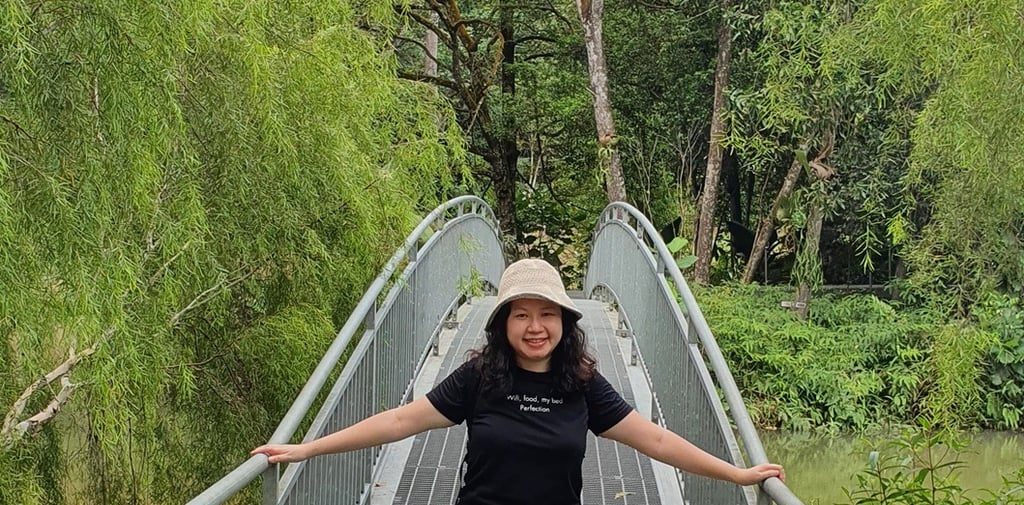

Reminder: Do always consult a qualified healthcare professional before altering your diet in any way.
I'm a cancer survivor who has transitioned from having a meat-heavy carnivorous appetite to now eating a semi-vegetarian diet (also known as a flexitarian diet).
I'm born and bred in Singapore, where less than 10% of our population identifies as vegetarians. Before meeting my allium-free lacto-ovo-vegetarian partner, my exposure to local vegetarian food was very much limited to the economical vegetarian beehoon 斋米粉 available from hawker center or food court stalls.
Learning to feed myself, I realized through my online research and discussion with fellow vegetarians that following a plant-based diet is much more than just eating salads!
I was introduced to many new foods and ingredients I have never heard before, such as mycoprotein and nutritional yeast. Browsing for quick beginner recipes also make me wonder if these dishes are truly easy to make. 10 unheard-of ingredients to make a single dish? Come on!
When I was much younger, I had the perception that if you can afford to eat red meat and seafood during a regular family meal, your family must be relatively well-to-do. It didn't help that those around me were mainly steak-obsessed meat-eaters. I developed a meat-heavy carnivorous appetite that stuck for many years.
It wasn't until my breast cancer diagnosis in February 2020 that I started reviewing my food choices more seriously.
I thought cancer was the worst blow to my life back then. However, post treatment, a series of unfortunate events soon followed, one after another. As the world I used to know spiraled out of control, the only thing I felt I still had power over... was what I eat.
I went cold turkey overnight on a soy-free whole food plant-based diet (WFPB). For a few months, I ate only my home-cooked meals that I prepared without adding oil, salt and sugar. I also attempted more than a week of raw vegan meals. During this period, I had absolutely no ultra-processed foods. No crispy savory snacks either.
However, I realized a strict restrictive diet doesn't work for me. I eventually succumb to my relentless cravings and re-introduced meat and seafood into my diet (in moderate amounts, of course).
I consider myself a flexitarian as I do not follow a complete plant-based diet everyday.
While my lacto-ovo-vegetarian partner does not restrict my diet, I primarily follow his same diet on most days. I also usually prepare vegan and vegetarian dishes.
When dining with my omnivorous family and friends, I do consume meat and seafood but would opt for leaner cuts. Compared to just a few years ago before my diagnosis, I would now exercise restraint and no longer overindulge.
When temptation comes knocking, I do allow myself to consume some ultra-processed foods and snacks that I enjoy, such as potato chips and dried squid. I also prepare healthier alternatives - such as a container of DIY pre-mixed rolled oats, chia seeds, cacao nibs, dried cranberries and pumpkin seeds - that I can easily add liquids to and munch on.
I've just passed my 5th cancerversary in April 2025. Being in remission, I'm mindful that excess body fat would increase my risk of cancer recurrence. I'm still working on shifting my Body Mass Index (BMI) from the moderate risk range (orange zone) to the low risk range (green zone). I believe eating in moderation is key (i.e., not overeating), even when on a fully plant-based diet.